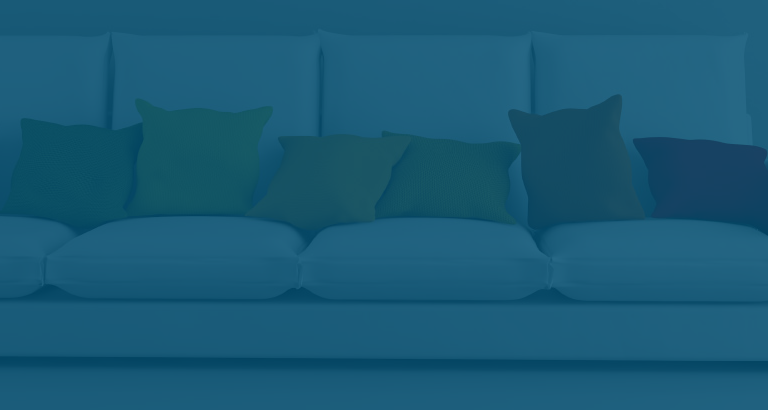Do I need to open a new bank account?
Table of contents
If you’re struggling with your debts and looking at ways you can become debt free, it might have been suggested you open up a new bank account. This week’s blog post discusses the bank’s right to offset, what it means for you and what to do if you do in fact owe your bank money.
What is the right to offset?
The right to offset gives your bank the right to use the money from your account to repay debts you have with them. If you owe money to your bank, whether that’s an overdraft, loan or credit card, they have an automatic right to deduct money from your account. Banks can also move money from your account to repay debts to another bank or creditor within their banking group so it is recommended when you owe money to a bank; you open up a new account separate from that group. This will protect your finances while you repay your debts at a rate you can afford.
Do banks actually take your money or is it a scaremongering myth?
Banks have the power to take money from your account using the right to offset. They don’t always tell you if they are going to take funds from your account but, if you are worried this might happen you can use your Right of First Appropriation. The Right to Appropriation is a person’s right to specify how the money in their account is used. As the account holder, you have the ‘first right of appropriation’ meaning that you are able to specify what the money is used for before anyone else. For example, you can request your bank keep enough money in your account for your essential household bills.
In order to exercise your right you should take a letter to the bank explaining how much you need for your household expenses and when this will be deducted from your account. You should give 7 days of notice and take the letter to the bank directly. This should temporarily prevent them from taking money that is needed for essential bills from your account– in the long term you will need to house your money in another bank account.
What is a safe bank account?
A safe bank account is something that is not associated to any companies/creditors/banks that you owe money to. In order for your money to be completely safe it is recommended you open a new basic bank account from a bank that has no links or ties with any of your creditors. We have a detailed list of linked creditors here so you can check which banks are deemed safe for you.
Will I be able to open a new account?
Unfortunately if you have a poor credit history you may struggle to open a current account with a bank. It is likely however that you will be able to open a basic bank account which many high street banks provide. A basic account is literally as it sounds, you won’t be able to have an overdraft or a cheque book but you will be able to hold and withdraw money from the account. Whilst you are in a debt solution we recommend you get your salary paid into a safe bank account so your bank can’t exercise their right to offset.
The question of whether you need a new bank account will depend on whether you owe your bank, or a linked creditor to your bank, money. If you do it is normally recommended you open a new basic account as soon as you can.
